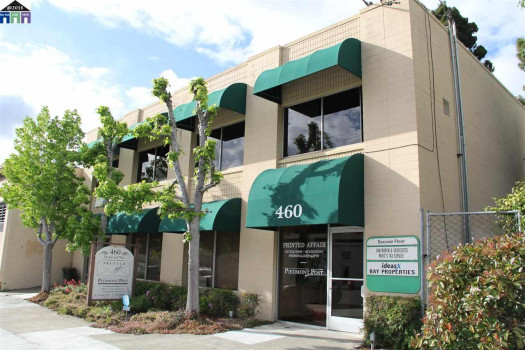
SmallBizMaven Bookkeeping & Accounting Consulting
Reviews Summary
About This Listing
Who Can Work with a CPA?
*Note: CPAs may specialize in different areas. Be sure to check credentials and service offerings.*
First-Time Clients
If this is your first time working with a CPA, don’t worry — most professionals offer a free consultation and will walk you through what to expect. You may be asked to complete an intake form, share financial documents, or set clear goals for your session.
What to Know Upfront:
*Note: Every CPA operates a bit differently. Don’t hesitate to ask questions before committing.*
What to Bring
*Tip: Organize your documents in advance to save time and ensure accuracy.*
Preparing for Your Appointment
*Note: Preparation helps you make the most of your CPA’s expertise.*
How to Get Started
Other Helpful Info
*Note: Every CPA is different — take time to find one who fits your goals and style.*
Contact Information
Address
460 Boulevard Way
Oakland, California 94610
Phone
+1 415-505-3115Hours
Customer Reviews
My books were resurrected from the dead and neglected. Blythe came, conducted a thorough interview to really try to understand my small but complicated venture, forced me to supply and organize all kinds of important historical docs, set up a brand new streamlined bookkeeping flow, and most importantly got my quickbooks to a point where I can actually open it and obtain actionable information. She will make you do your homework. But it will be worth it.
Blythe's background in accounting systems set-up is invaluable. We started as a spin-off of a large company, and our business began with 10 employees. Blythe quickly set-up a cloud based accounting system our company and trained our staff in the basics of bookkeeping with tools for best practices. She also taught us how to be a ?paperless? company as we are in multiple locations around the country. Blythe is a knowledgeable, reliable and detail oriented Bookkeeper. Blythe's support is invaluable to our com
Blythe helped fix our books after our previous accountant created multiple chaotic problems for us including effectively having us operating under 2 mutually exclusive business entities at once. She fixed our past books (which were very very messed up), trained our staff on in house bookkeeping, organization and filing techniques, and helped us establish good habits and financial planning for our future books to avoid issues. We are now doing our books in house an everything is running smoothly thanks to Bl
Blythe is the best. They worked with me to get my small business books in order and also trained me to do the monthly maintenance, data entry, etc. They were willing to tune their level of involvement to suit my budget and the specific needs of my business. Always great advice and reality checks on the state of my business affairs. Highly recommend getting in touch with Blythe and getting your books straight!
Blythe has been a godsend. She set up our entire accounting system from scratch--she got us set up on QuickBooks, created a filing and organizational system for us, and even gave us tips for how to increase our credit lines and other accounting best practices. Unlike a lot of bookkeepers, Blythe took the time to teach us the new system so we could use it ourselves, which is great for a small company on a budget. She is incredibly professional, and a great teacher. Plus, she is a certified QuickBooks Pro Adv
Jennifer spearheaded the entire administrative revamp of our company. She was able to clean up and audit all of our older AR issues recovering 90% of monies due all while implementing our entirely new accounting software package and developing operational standards for said program. She is extremely conscientious and treats all of her business actions with the utmost professionalism and takes ownership of any issue that arises. I trust her consultations and together we have been able to lower all of our ope
Blythe understands what it takes to set up a great Quickbooks system, establish sound accounting procedures and is familiar with the records necessary to provide reliable backup for tax records. Jim Nahmens, CPA